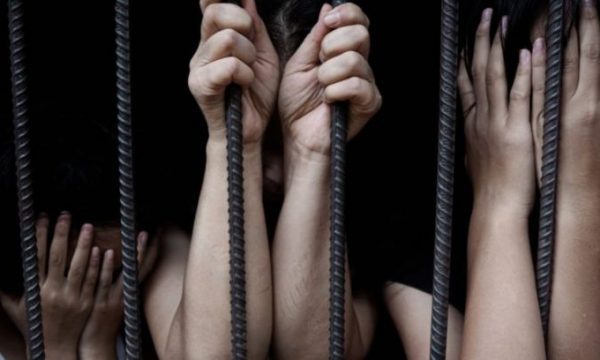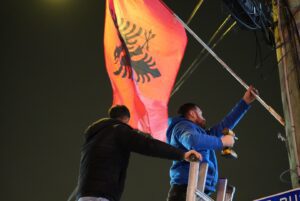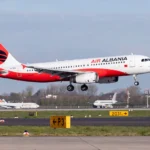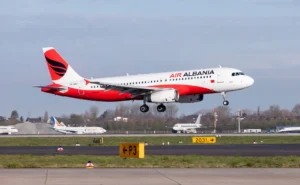Trafficking in human beings, including children, continues to be a concern in Albania, despite the decrease in the number of trafficked persons and the increase in measures to prevent the phenomenon. According to UNICEF’s expert on the anti-trafficking program, Sonila Pema, around 13,000 people have been identified as trafficked or at risk of being trafficked throughout the country. This has pushed UNICEF to set up four working groups with experts in 6 of the country’s districts, to identify the trafficking situation in Albania.
“We have set up four mobile teams to identify potential victims or victims of trafficking in Albania and, from the beginning until the moment we are speaking, including Shkodra, 144 potential victims or victims of trafficking in Albania have been identified.”
The most vulnerable part of trafficking are children, some of them are trafficked to England or other EU countries by their parents. INSTAT data show that, only last year, 109 children were registered as possible victims of trafficking, three more trafficked children, while 67 children sought asylum in EU countries.
These persons, says the UNICEF expert on the anti-trafficking program, Sonila Pema, go through a referral process, in the national referral mechanism, to acquire or not the status of a victim of trafficking, which enables them to be supported in the reintegration process.
“There are about 300 people who have received direct support as potential victims or victims of trafficking. Without forgetting their children, who are directly supported by the services. This is to understand that there are organizations in the country, there are also state institutions, which support and provide services for their integration”.
Shkodra is one of the 6 regions of Albania where UNICEF is working to identify victims of trafficking. The head of the regional committee for the fight against trafficking, Majlinda Angoni, says that there are a number of structures and organizations that are cooperating for community awareness and the identification of victims, or potential victims of trafficking. She adds that cases of trafficking have also been recorded in Shkodra District.
“Since last year, we have been dealing with 9 cases of victims of trafficking or possible victims of trafficking, which, together with some non-governmental organizations, are treating and rehabilitating these victims. We say that the cases are decreasing”.
At the moment, Mrs. Angoni adds, the situation at the two border points with Montenegro remains worrying, where a large number of citizens of the Roma and Egyptian communities gather, creating a dangerous situation for trafficking. The head of the regional community for the fight against trafficking says that the categories of trafficked persons or at risk of trafficking have also been identified.
“They come from families with significant problems, not only economic, they come from early marriages, they come from poor social conditions. So, they are always at risk for this phenomenon”.
According to UNICEF experts, the low number of traffickers arrested and convicted by Albanian justice continues to be worrying. Meanwhile, the expert for the anti-trafficking program at UNICEF, Sonila Pema, says that this organization has addressed the Albanian government with the request for the drafting of a special law for the integration of victims of trafficking, since such a law is missing until now.








